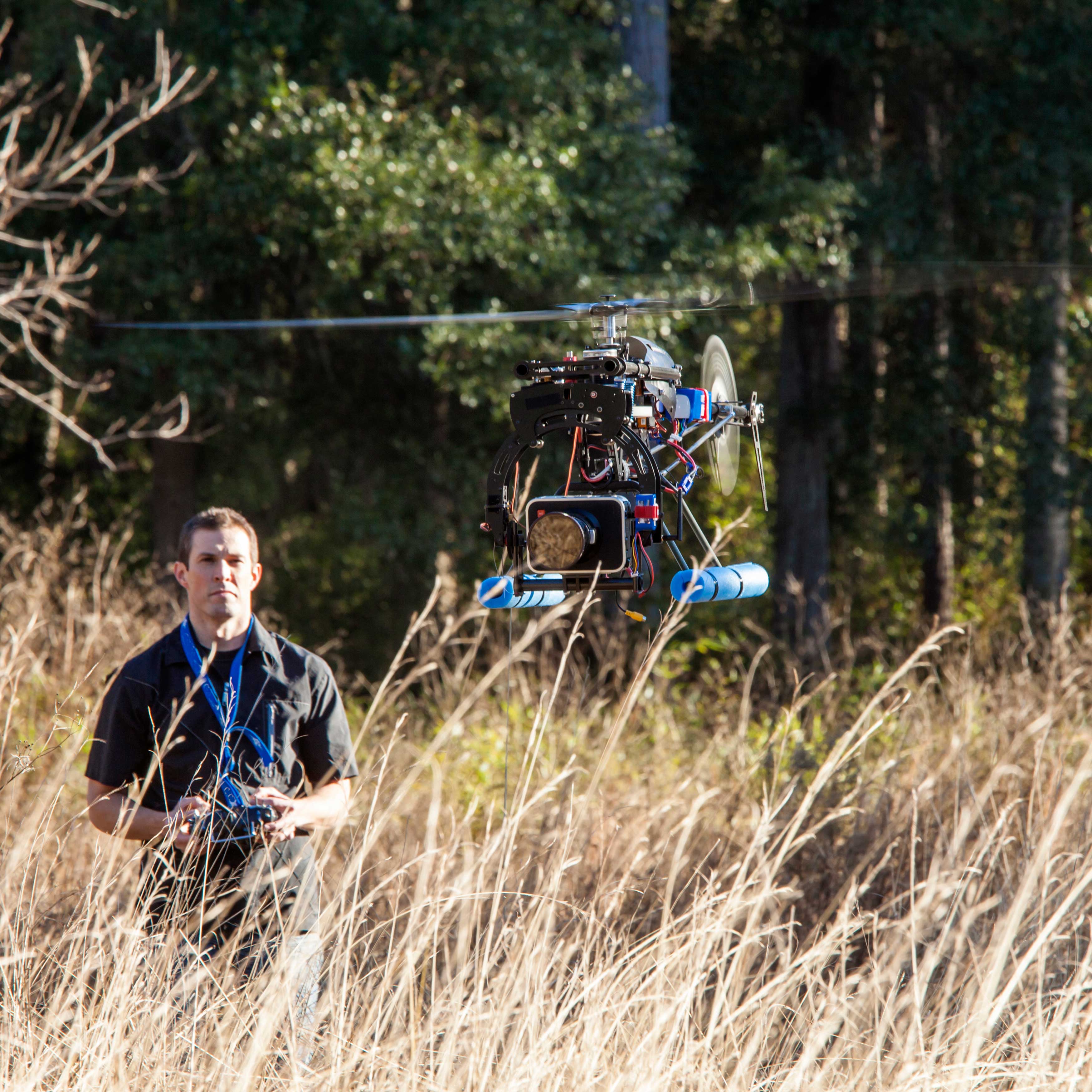
Agro Tech is driving the farming practices: Digitizing Agriculture with Fox ERP.

LeSoft
Technology is at the helm of businesses these days. While, at one point, technology is driving growth, on the flip side of it, technology is helping companies make strategic decisions based on digitally-driven insights.
Since the COVID-19 pandemic emerged, industries across the sectors have faced challenges.
From the manufacturing industry to the education industry, almost every sector has suffered from the pandemic's obstacles.
The global lockdown, remote work model, and minimum human interactions remain some of the major setbacks of the pandemic.
However, digital transformation has come to the rescue of the businesses amidst such challenges, providing an all-new digital experience and driving the growth with digitization.
The agriculture sector has also leveraged the strategic value of digitizing its business processes in the most efficient ways.
Digital tools and technologies such as the Internet, mobile technologies and devices, data analytics, artificial intelligence, digitally delivered services, and apps are changing agriculture practices across the entire farming value chain.
From farm machinery automation to fine-tuning of inputs, digital practices reduce the demand for manual labor; remote satellite data, and in-situ sensors and improve the accuracy and reduce the cost of monitoring crop growth and quality of land or water, traceability technologies, and digital logistics services by offering the potential to streamline agri-food supply chains, while also providing trusted information for the consumers.
Recently Agribusiness players have started investing massively in the digital ways of farming, digitizing the digital tools and technologies, and leveraging its benefits.
Recently, agricultural practices have witnessed the rising penetration of technology and Artificial Intelligence (AI).
From accessing the benefits of drones, weather predictors, and automated machinery to AI-enabled planting and automatic irrigation, that helps in soil testing and analysis, predicting suitable environments for crops' safety and various social platforms for the farmers to interact.
Benefits of Agro Tech
1. Rise in Yields
Thanks to the new opportunities offered by digital tools, and technologies such as augmented reality, customers, for instance, can obtain, within a few clicks, the digital information and detailed content on the origin of the product and the production techniques used to grow it with utmost ease.
The number of crops produced outnumbers the crops grown and harvested with higher yields than the non-digitized agro practices.
2. Higher Quality crops at lower costs
These days, the production and processing of agricultural products are closely linked to innovation.
Recent surveys suggest the role of the power of data in driving the values of data and making actionable insights from data-driven technologies.
Another survey suggests a massive paradigm shift in the digital investments made by industry players in agro-business processes, recording a comparatively 27% rise compared to the pre-COVID era.
3. Innovative practices
One of the industry players' most effective tools is the traceability of data and product offerings to the origins of production processes.
Utilizing sensors to trace and track data and make business decisions not only help agro-business players make decisions and carry out a set of practices that form the core of digital agro practices.
In recent times, ERP products have seen a massive shift in usage and applications from industry players, with a rise of almost 20% compared to a decade ago.
Of several ERP products available, Fox ERP remains one of the most preferred ERP products.
Thanks to its easy-to-use interface and several benefits, digitization comes at the helm of driving value, innovation, and profits in the agro-business processes.
"Fox ERP for Agriculture" manages all the agriculture-related activities with just one software by recording and tracking your orders and invoices and crops and fertilizers, benefitting various agricultural stakeholders across the entire value chain.
Its "Do it yourself" mode of implementation makes the implementation processes smooth and agile, driving benefits and obtaining value based on data and digital technology.
Conclusion
The ways of doing business have changed. In Industry 4.0, agricultural practices, as well, have observed a significant turnaround with the improved ways of doing business.
Digital is the new normal, they say, and even once the pandemic gets back to normal, digital will remain one of the most crucial elements that drives value.